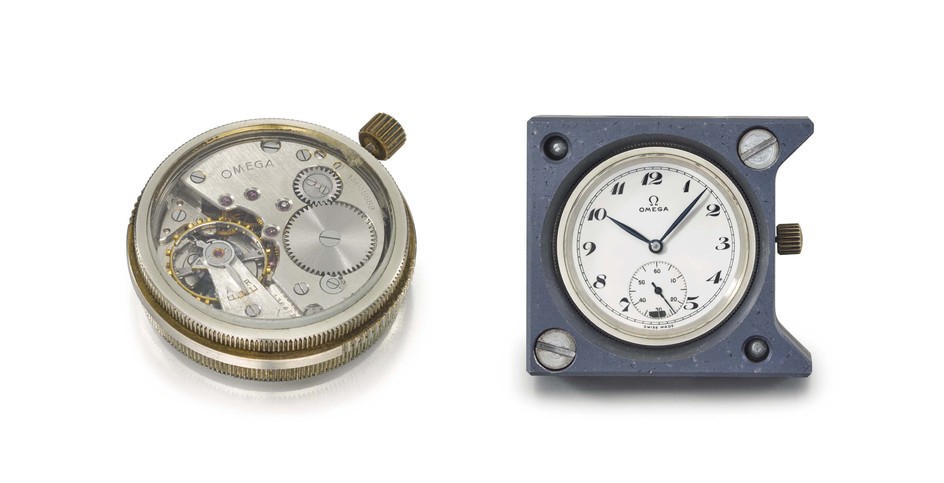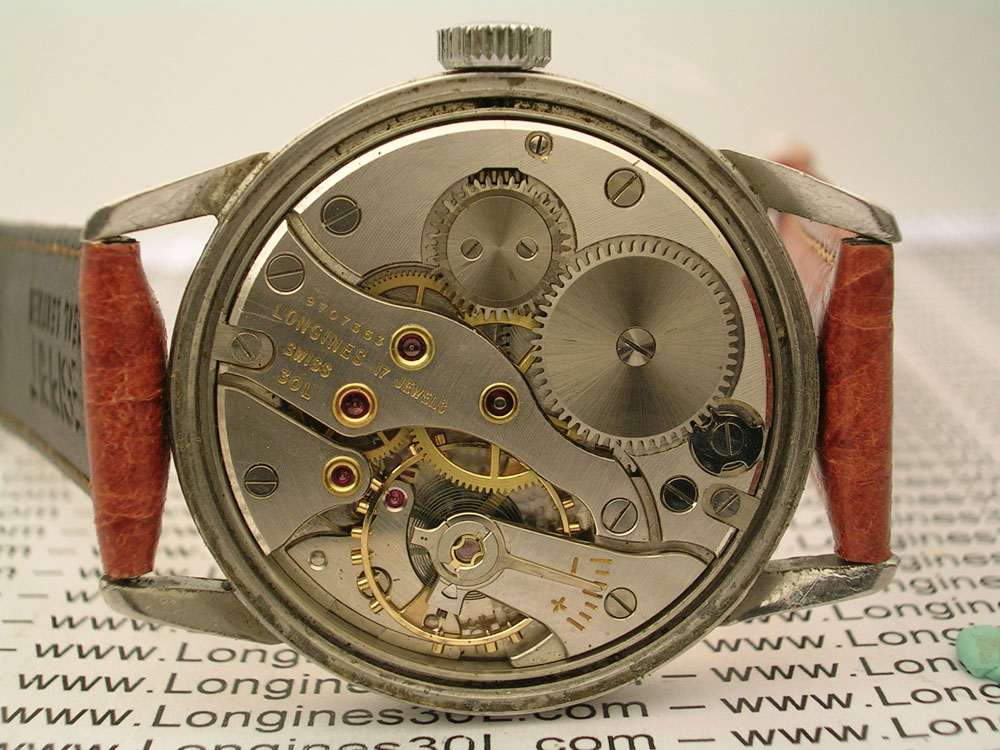rspace
·Hello OF,
Hope you are all doing well. I have seen this term used around a lot but have always wondered what really makes a movement of "high quality" in terms of build. How much of it really translates to accuracy and its impact to the cost of a watch. Now for the sake of discussion lets consider time-only watches. Let us also not include movement finishing as that is difficult to quantify. In terms of example i think Seiko would be good candidate - if we compare a 17J movement in a 'low end' Seiko champion vs say a 44GS? Would love to hear your insights! Thanks OF!
Hope you are all doing well. I have seen this term used around a lot but have always wondered what really makes a movement of "high quality" in terms of build. How much of it really translates to accuracy and its impact to the cost of a watch. Now for the sake of discussion lets consider time-only watches. Let us also not include movement finishing as that is difficult to quantify. In terms of example i think Seiko would be good candidate - if we compare a 17J movement in a 'low end' Seiko champion vs say a 44GS? Would love to hear your insights! Thanks OF!




